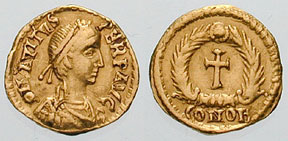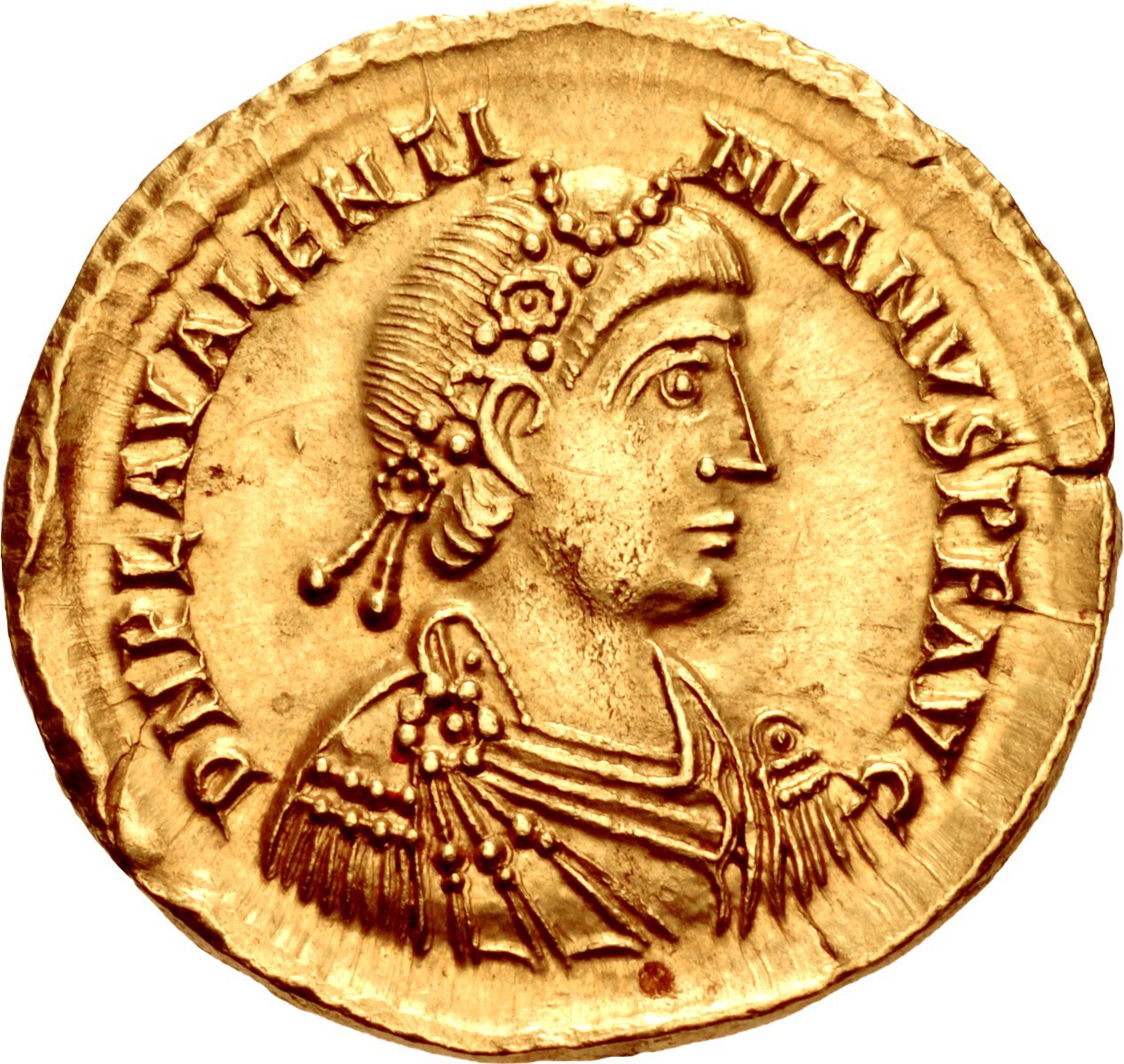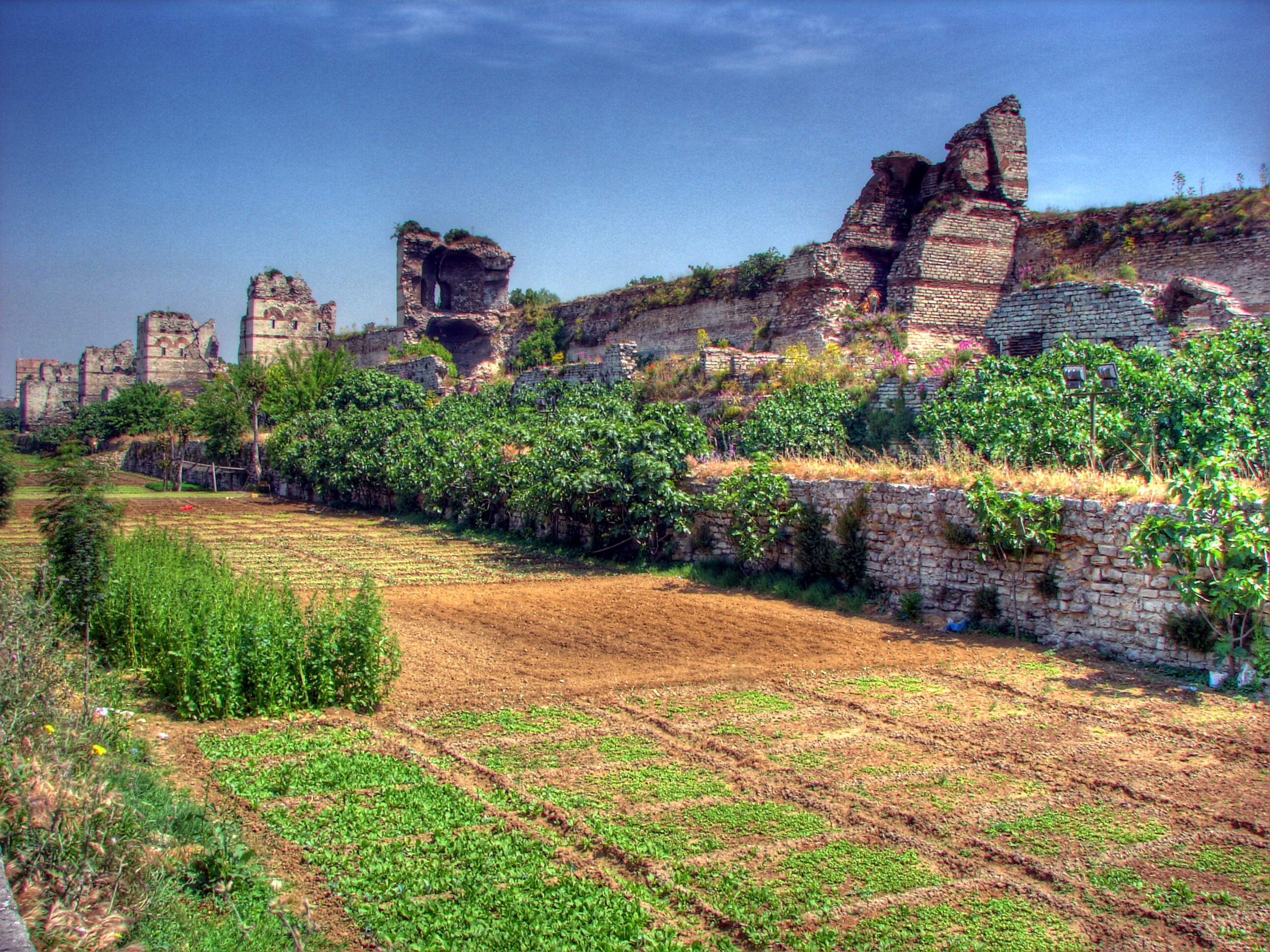|
Iohannes (consul 456)
Iohannes (''floruit'' 456) was a politician of the Eastern Roman Empire. Biography Iohannes is known only through the inscriptions that recorded him as the Consul of year 456, when he was chosen by the Eastern court to hold this office together with Varanes; in the West, however, he was not recognised, as the consulate was held by Emperor Avitus Eparchius Avitus (c. 390 – 457) was Roman emperor of the West from July 455 to October 456. He was a senator of Gallic extraction and a high-ranking officer both in the civil and military administration, as well as Bishop of Piacenza. He o .... References * Jones, Arnold Hugh Martin, John Robert Martindale, John Morris, "Ioannes 21", ''The Prosopography of the Later Roman Empire'', volume 2, Cambridge University Press, 1980, , p. 599. {{DEFAULTSORT:Iohannes (Consul 456) 5th-century Byzantine people Imperial Roman consuls ... [...More Info...] [...Related Items...] OR: [Wikipedia] [Google] [Baidu] |
Eastern Roman Empire
The Byzantine Empire, also referred to as the Eastern Roman Empire or Byzantium, was the continuation of the Roman Empire primarily in its eastern provinces during Late Antiquity and the Middle Ages, when its capital city was Constantinople. It survived the fragmentation and fall of the Western Roman Empire in the 5th century AD and continued to exist for an additional thousand years until the fall of Constantinople to the Ottoman Empire in 1453. During most of its existence, the empire remained the most powerful economic, cultural, and military force in Europe. The terms "Byzantine Empire" and "Eastern Roman Empire" were coined after the end of the realm; its citizens continued to refer to their empire as the Roman Empire, and to themselves as Romans—a term which Greeks continued to use for themselves into Ottoman times. Although the Roman state continued and its traditions were maintained, modern historians prefer to differentiate the Byzantine Empire from Ancient Rome a ... [...More Info...] [...Related Items...] OR: [Wikipedia] [Google] [Baidu] |
Roman Consul
A consul held the highest elected political office of the Roman Republic ( to 27 BC), and ancient Romans considered the consulship the second-highest level of the ''cursus honorum'' (an ascending sequence of public offices to which politicians aspired) after that of the censor. Each year, the Centuriate Assembly elected two consuls to serve jointly for a one-year term. The consuls alternated in holding '' fasces'' – taking turns leading – each month when both were in Rome and a consul's ''imperium'' extended over Rome and all its provinces. There were two consuls in order to create a check on the power of any individual citizen in accordance with the republican belief that the powers of the former kings of Rome should be spread out into multiple offices. To that end, each consul could veto the actions of the other consul. After the establishment of the Empire (27 BC), the consuls became mere symbolic representatives of Rome's republican heritage and held very little ... [...More Info...] [...Related Items...] OR: [Wikipedia] [Google] [Baidu] |
Varanes (consul 456) in 456.
{{Dab ...
Varanes is a Roman name of Persian origin, derived by the name Bahram. * Varanes (consul 410), Roman consul in 410; * Varanes (consul 456), Roman consul A consul held the highest elected political office of the Roman Republic ( to 27 BC), and ancient Romans considered the consulship the second-highest level of the ''cursus honorum'' (an ascending sequence of public offices to which politic ... [...More Info...] [...Related Items...] OR: [Wikipedia] [Google] [Baidu] |
Avitus
Eparchius Avitus (c. 390 – 457) was Roman emperor of the West from July 455 to October 456. He was a senator of Gallic extraction and a high-ranking officer both in the civil and military administration, as well as Bishop of Piacenza. He opposed the reduction of the Western Roman Empire to Italy alone, both politically and from an administrative point of view. For this reason, as Emperor he introduced several Gallic senators in the Imperial administration; this policy, however, was opposed by the senatorial aristocracy and by the people of Rome, who had suffered from the sack of the city by the Vandals in 455. Avitus had a good relationship with the Visigoths, in particular with their king Theodoric II, who was a friend of his and who acclaimed Avitus Emperor. The possibility of a strong and useful alliance between the Visigoths and Romans faded, however, when Theodoric invaded Hispania at Avitus' behest, which rendered him unable to help Avitus against the rebel Roman gen ... [...More Info...] [...Related Items...] OR: [Wikipedia] [Google] [Baidu] |
Valentinian III
Valentinian III ( la, Placidus Valentinianus; 2 July 41916 March 455) was Roman emperor in the West from 425 to 455. Made emperor in childhood, his reign over the Roman Empire was one of the longest, but was dominated by powerful generals vying for power amid civil wars and the invasions of Late Antiquity's Migration Period, including the campaigns of Attila the Hun. He was the son of Galla Placidia and Constantius III, and as the great-grandson of Valentinian I () he was the last emperor of the Valentinianic dynasty. As a grandson of Theodosius I (), Valentinian was also a member of the Theodosian dynasty, to which his wife, Licinia Eudoxia, also belonged. A year before assuming the rank of ''augustus'', Valentinian was given the imperial rank of ''caesar'' by his half-cousin and co-emperor Theodosius II (). The '' augusta'' Galla Placidia had great influence during her son's rule. During his early reign Aetius, Felix, and the ''comes africae'', Bonifacius all competed ... [...More Info...] [...Related Items...] OR: [Wikipedia] [Google] [Baidu] |
Anthemius
Procopius Anthemius (died 11 July 472) was western Roman emperor from 467 to 472. Perhaps the last capable Western Roman Emperor, Anthemius attempted to solve the two primary military challenges facing the remains of the Western Roman Empire: the resurgent Visigoths, under Euric, whose domain straddled the Pyrenees; and the unvanquished Vandals, under Geiseric, in undisputed control of North Africa. Anthemius was killed by Ricimer, his own general of Gothic descent, who contested power with him. Early life Procopius Anthemius belonged to a noble family, the Procopii, which gave several high officers, both civil and military, to the Eastern Roman Empire. His mother Lucina was daughter of the influential Flavius Anthemius, Praetorian prefect of the East (404–415) and Consul in 405, and great-granddaughter of Flavius Philippus, praetorian prefect of the East in 346. His father was Procopius, ''magister militum per Orientem'' from 422 to 424, who was descended from the Procopi ... [...More Info...] [...Related Items...] OR: [Wikipedia] [Google] [Baidu] |
List Of Late Imperial Roman Consuls
A ''list'' is any set of items in a row. List or lists may also refer to: People * List (surname) Organizations * List College, an undergraduate division of the Jewish Theological Seminary of America * SC Germania List, German rugby union club Other uses * Angle of list, the leaning to either port or starboard of a ship * List (information), an ordered collection of pieces of information ** List (abstract data type), a method to organize data in computer science * List on Sylt, previously called List, the northernmost village in Germany, on the island of Sylt * ''List'', an alternative term for ''roll'' in flight dynamics * To ''list'' a building, etc., in the UK it means to designate it a listed building that may not be altered without permission * Lists (jousting), the barriers used to designate the tournament area where medieval knights jousted * ''The Book of Lists'', an American series of books with unusual lists See also * The List (other) * Listing (di ... [...More Info...] [...Related Items...] OR: [Wikipedia] [Google] [Baidu] |
Roman Empire
The Roman Empire ( la, Imperium Romanum ; grc-gre, Βασιλεία τῶν Ῥωμαίων, Basileía tôn Rhōmaíōn) was the post-Republican period of ancient Rome. As a polity, it included large territorial holdings around the Mediterranean Sea in Europe, North Africa, and Western Asia, and was ruled by emperors. From the accession of Caesar Augustus as the first Roman emperor to the military anarchy of the 3rd century, it was a Principate with Italia as the metropole of its provinces and the city of Rome as its sole capital. The Empire was later ruled by multiple emperors who shared control over the Western Roman Empire and the Eastern Roman Empire. The city of Rome remained the nominal capital of both parts until AD 476 when the imperial insignia were sent to Constantinople following the capture of the Western capital of Ravenna by the Germanic barbarians. The adoption of Christianity as the state church of the Roman Empire in AD 380 and the fall of the Western ... [...More Info...] [...Related Items...] OR: [Wikipedia] [Google] [Baidu] |
Constantine (consul 457)
Flavius Constantinus ( 447–464) was a politician of the Eastern Roman Empire, consul and three times praetorian prefect of the East. Life A native of Laodicea of Phrygia, Constantinus was named praetorian prefect of the East for the first time around 447, when he restored the Walls of Constantinople, which had been damaged by an earthquake that January. As the Huns of Attila were moving towards Constantinople, Constantinus mobilised the factions of the Hippodrome of Constantinople to gather 16,000 workers: the Blues worked the stretch of walls from the Gate of Blachernae to the Gate of Myriandrion, the Greens from there to the Sea of Marmara; in sixty days, by the end of March, the walls were restored and the moat cleaned. A bilingual inscription was erected to celebrate the works. While in office, he received a letter from Theodoret of Cyrrhus, asking for a reduction of the taxation on his city, while another was received after he left office. After leaving office in 45 ... [...More Info...] [...Related Items...] OR: [Wikipedia] [Google] [Baidu] |
Rufus (consul 457)
Flavius Rufus (''floruit'' 457 AD) was a politician of the Eastern Roman Empire. In 457 he was appointed consul with Constantinus as colleague; both of them were recognised only in the East. Nothing else is known about him. Sources * Jones, Arnold Hugh Martin, John Robert Martindale, John Morris, "Fl. Rufus 4", ''Prosopography of the Later Roman Empire ''Prosopography of the Later Roman Empire'' (abbreviated as ''PLRE'') is a work of Roman prosopography published in a set of three volumes collectively describing many of the people attested to have lived in the Roman Empire from AD 260, the date ...'', Volume 2, Cambridge University Press, 1992, , p. 959. {{end 5th-century Byzantine people Imperial Roman consuls ... [...More Info...] [...Related Items...] OR: [Wikipedia] [Google] [Baidu] |
5th-century Byzantine People
The 5th century is the time period from 401 (Roman numerals, CDI) through AD 500, 500 (Roman numerals, D) ''Anno Domini'' (AD) or Common Era (CE) in the Julian calendar. The 5th century is noted for being a period of migration and political instability throughout Eurasia. It saw the Fall of the Western Roman Empire, collapse of the Western Roman Empire, which came to an end in 476 AD. This empire had been ruled by a succession of weak emperors, with the real political might being increasingly concentrated among military leaders. Internal instability allowed a Visigoth army to reach and Sack of Rome (410), ransack Rome in 410. Some recovery took place during the following decades, but the Western Empire received another serious blow when a second foreign group, the Vandals, occupied Carthage, capital of an extremely important province in Africa (Roman province), Africa. Attempts to retake the province were interrupted by the invasion of the Huns under Attila. After Attila's defeat, b ... [...More Info...] [...Related Items...] OR: [Wikipedia] [Google] [Baidu] |





